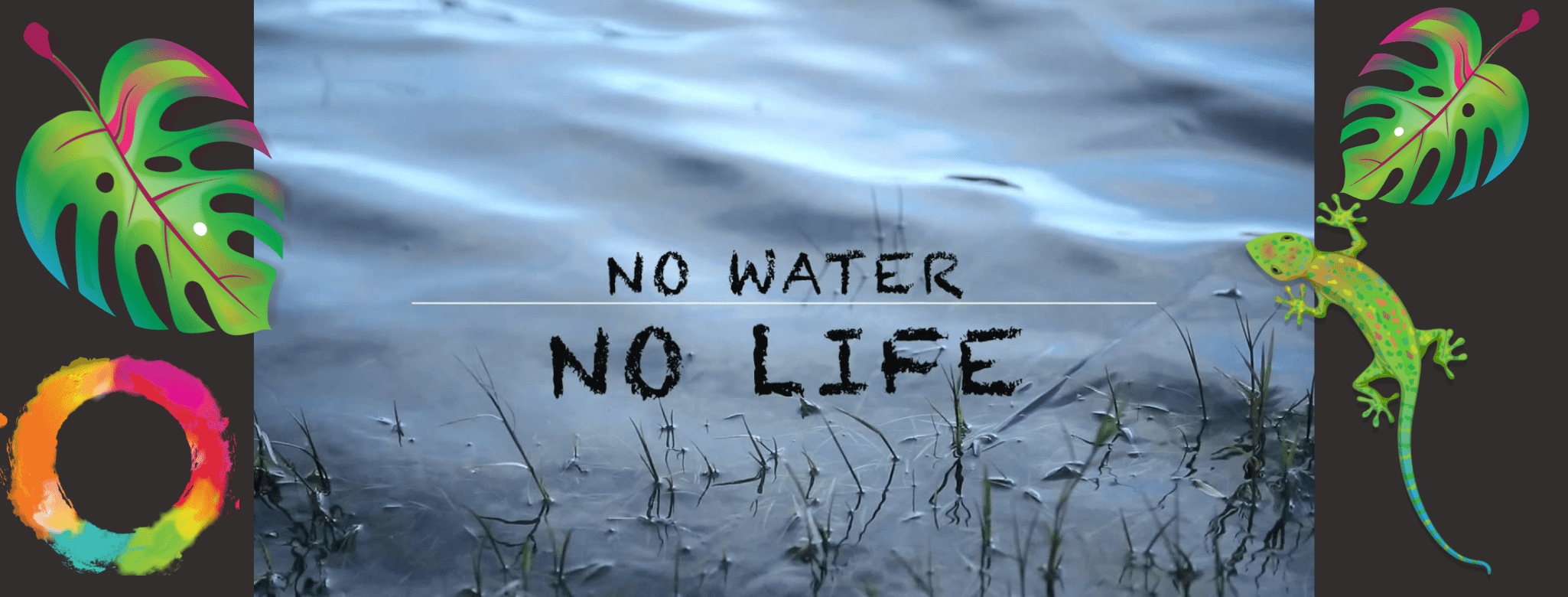Water is a precious resource— with about 70 percent of the Earth's surface is water only less than 1 percent is available for human use. Today, water is one of our most precious natural resources. Freshwater exists on Earth's surface in lakes, rivers, and ice, as well as below the surface as groundwater. However, it is a limited resource; freshwater makes up only about three percent of all water on Earth. ... When the demand for freshwater cannot be met, it can lead to political tension and public-health problems. Every drop of water must be saved and passed on to the next generation and it is also imperative on the part of the present generation to avoid contamination of water to protect people from diseases. Clean fresh water is a luxury in many parts of the world. But these freshwater systems are now among the most endangered habitats in the world, due to human development, pollution, and climate change. Fewer than 70 of the world's 177 longest rivers remain free of man-made obstructions. The Precious Resource Water is the second most important element after air which is needed for all living beings to survive on earth. All the major civilizations around the world have evolved near the river. Water is needed for the agriculture sector and used as a coolant in various industries and manufacturing plants. Water maintains the ecological balance on earth. Without water, people face many disasters like drought, environmental pollution, and global warming which can lead to the extinction of life on planet earth. Remember that water is precious for every living being hence we all should act sensibly for the conservation of water. Besides, we know how to save water - turn off the tap when brushing our teeth, shower rather than a bath, fix any dripping taps, put a full bottle in the toilet tank to reduce the fill-up measure, wash your car sparingly..... but how can we COLLECT water naturally instead of it going to waste? Start with rain water! We just had record floods in Mauritius, and yet in the months to come it should be a dry Winter. It seems obvious to invest in a rainwater tank, right? A rainwater tank collects and stores rainwater, typically from rooftops via rain gutters. It is an economical way to ensure access to water all year round while lowering CWA bills for individual households or for irrigation purposes. At the same time, rainwater collection means there is less pressure on the public water system. It is an environmentally sound and responsible practice. You can also invest in a Grey Water Recycling kit which pre-filters and recycles bath, shower, wash basin, and laundry water. which can be used for your lawn and garden. Moreover, it not only saves water but also reduces the energy for transporting wastewater to the sewage treatment plant and reduces the energy used for pumping potable water to your house. Building the #ZeroHunger Generation: The earth provides us with everything we need to grow food and live healthy lives, in the form of natural resources. These resources are land, water, animals, and plants. We can’t grow food without water and soil, and we will have a much harder time growing enough healthy and nutritious food if the water we have is polluted and the soil has been stripped of all the rich minerals that make it fertile. If we want able to continue to grow enough safe and nutritious food for everyone on the planet we have to protect our natural resources. 1. Don’t waste water 2. Eat local, seasonal things 3. Keep our oceans full of marine animals 4. Energy efficiency is best 5. Buy organic 6. Keep soils and water clean 7. Use solar panels or other green energy systems 8. Don't eat animals (Cattle breeding uses LOTS of water and creates climate change)
Read More




